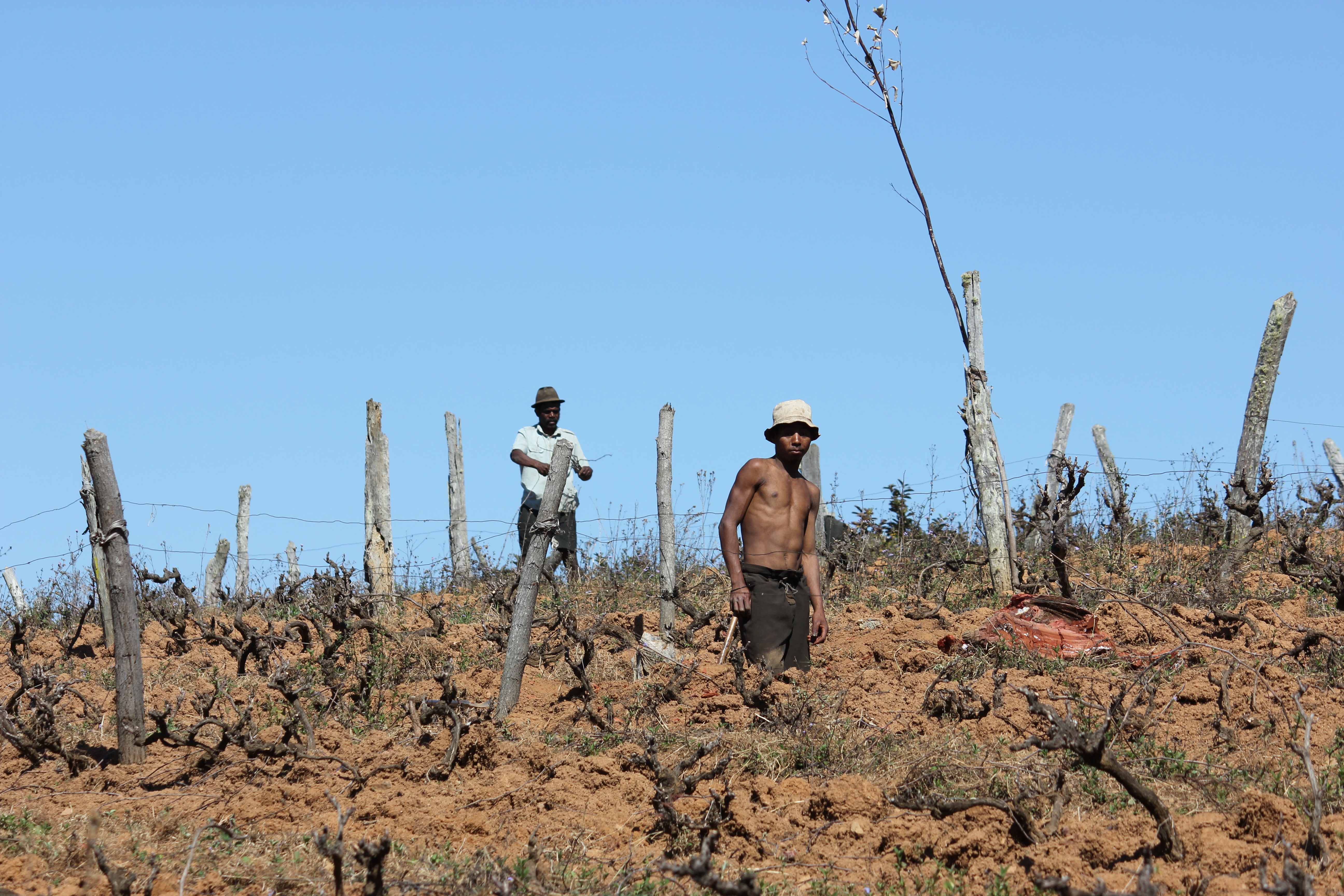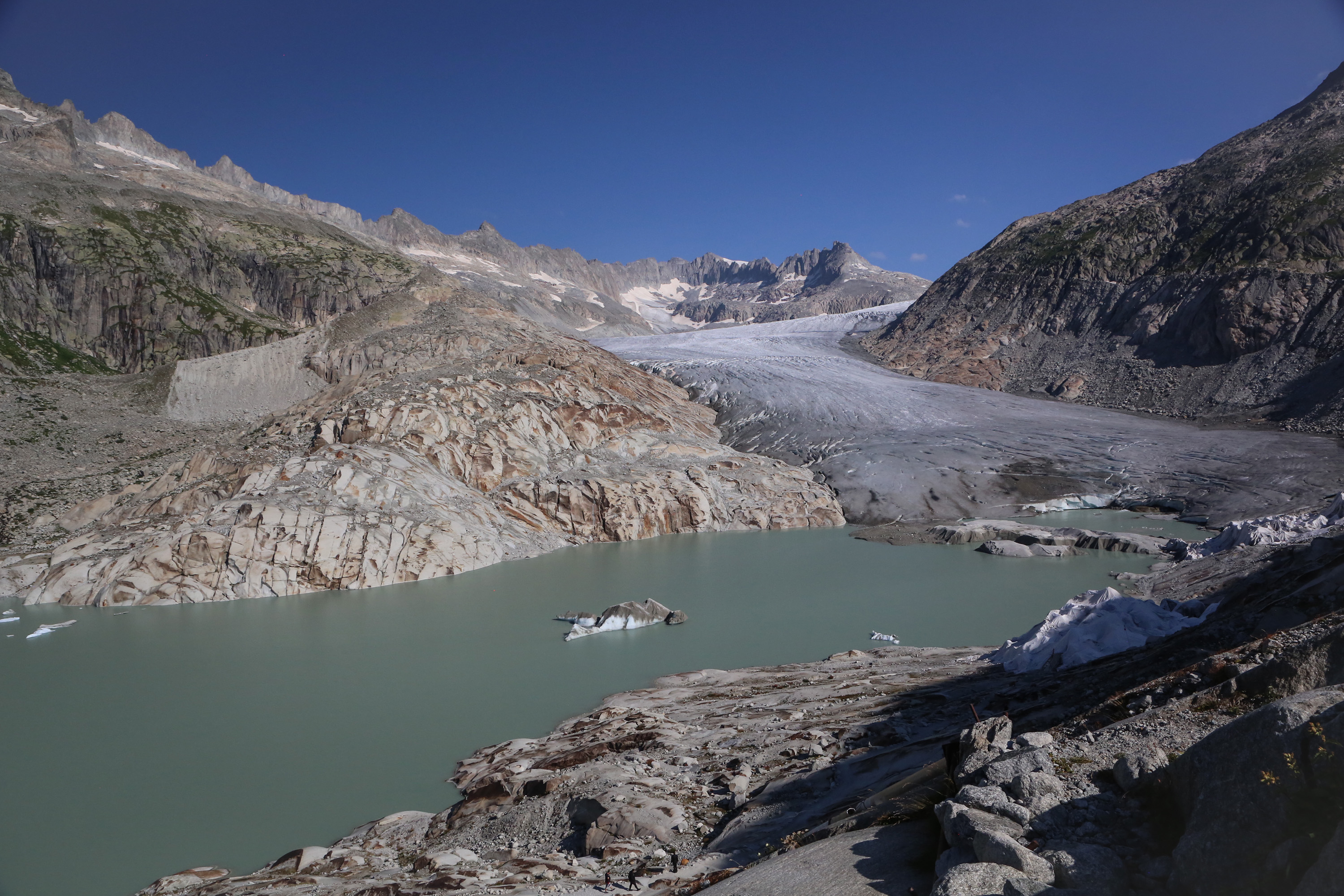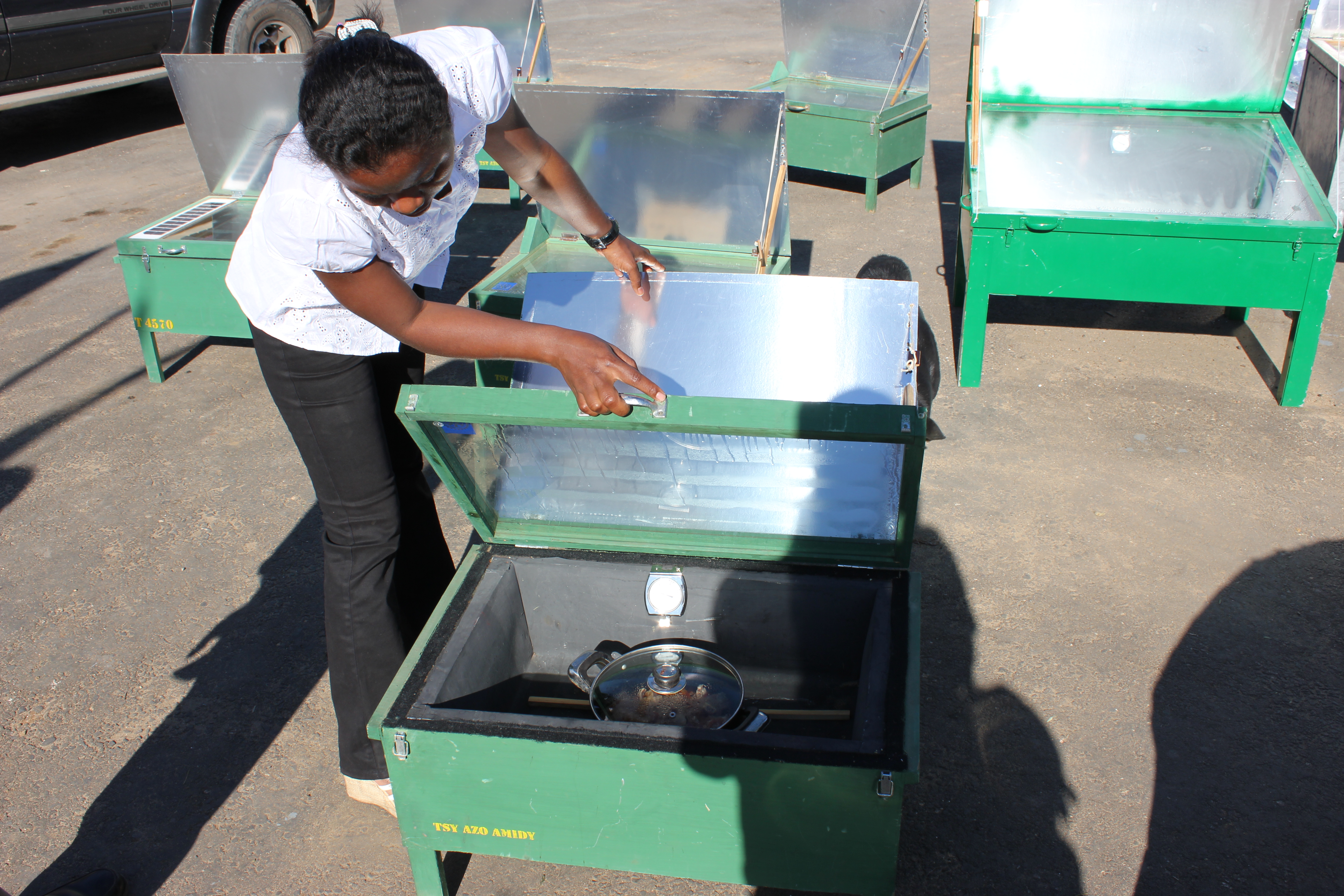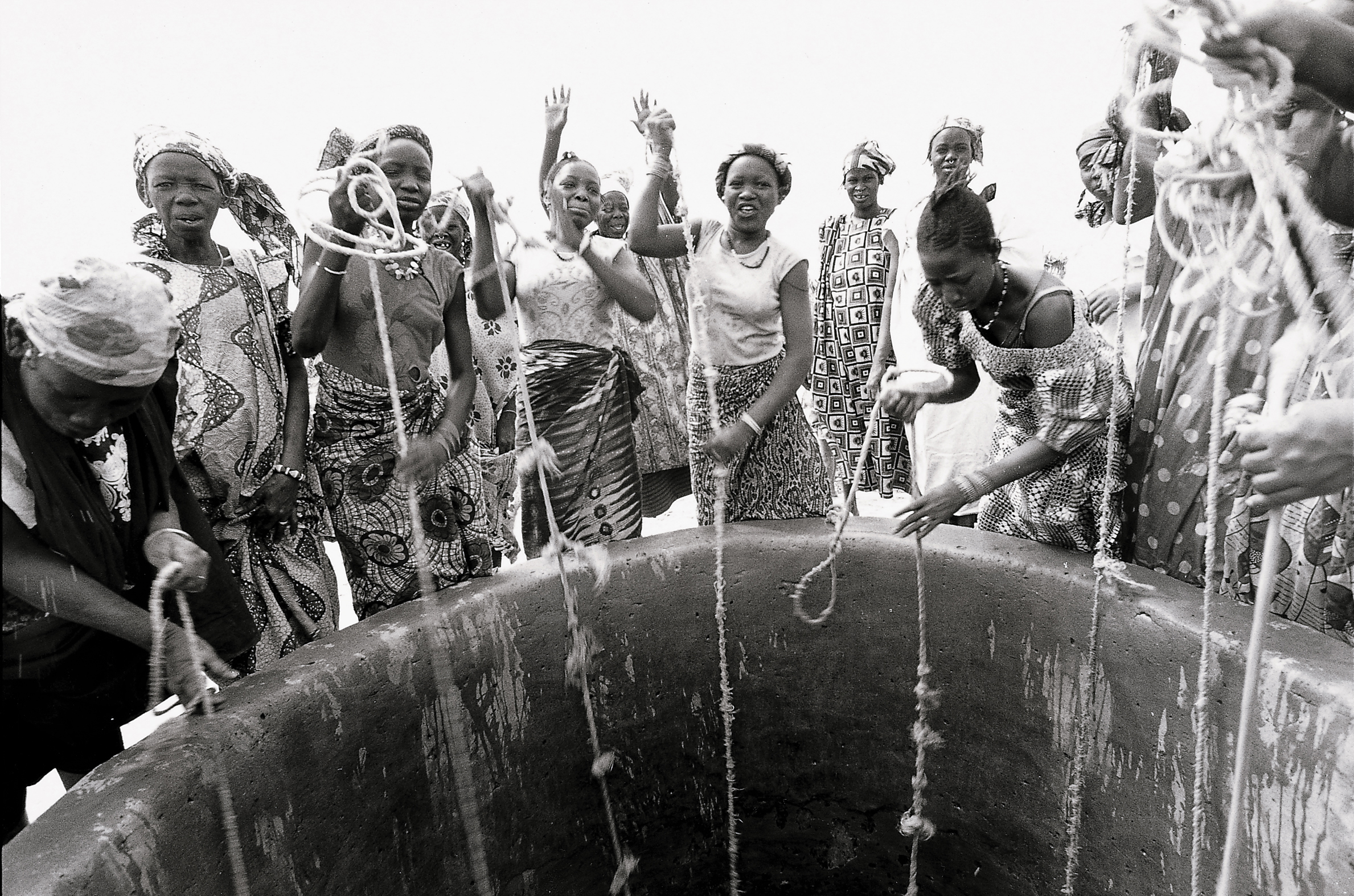Fifty years of Madagascar aid reaches end

Swiss development aid in Madagascar – which has amounted to around half a billion francs since the 1960s – is drawing to a close.
With the end of the SAHA rural development programme set for December 31, 2012, the challenge will be to ensure the continuing durability of activities initiated by the Swiss when financial support is reduced to around SFr1.5 million ($1.85 million) a year.
“Officially, we’re leaving at the end of 2012, but we hope to keep a small flame alive,” said head of the programme at the Swiss Agency for Development and Cooperation (SDC), Lukas Frey.
But the meagre sum is far from the budgets of SFr15-20 million of the 1980s and 90s, when the Swiss involvement in Madagascar reached its peak.
The brutal event that was to mark the end of Swiss development cooperation in Madagascar dates back to the 1996 murder of Swiss aid worker Walter Arnold, who was involved in road construction projects.
The media attention on the murder combined with the unwillingness of the Madagascan authorities to track down the perpetrators led to the decision by the Swiss parliament of the day to exclude Madagascar from its list of priority countries for development aid.
Concerns
The Swiss withdrawal is taking place at a time when Madagascar is experiencing one of the most serious political crises in its history since the mayor of Antananaviro, Andry Rajoelina, staged a military coup and declared himself head of state in 2009.
“It’s a bad signal for other bilateral operations because Switzerland was a pioneer in the country,” said Mamy Andriatiana, a journalist with the press agency Médiascope, itself a creation of Swiss development programmes.
In addition, financial sanctions imposed on the regime by the international community have had a direct impact on the population and contributed to a deterioration in food shortages, which now affects one in two Madagascans, according to Andriatiana who reports on food rights for the United Nations.
“It is an unfortunate coincidence but we understand these preoccupations,” said Nicola Felder, an SDC representative in Madagascar.
“But Switzerland is constantly informing its partners about the negative effects of these international sanctions. When a country relies on external aid to the tune of 70 per cent, it is the poorest who suffer when the money stops flowing.”
Responsible disengagement
Although regretted by many, the Swiss disengagement is does not amount to a complete rupture with Madagascar – at least that was the message sent by the foreign ministry which confirmed in June that it would keep its ambassador there, who along with his French and German counterparts will be one of the last survivors of western diplomacy in the country.
It is hoped that the small budget allocated by the Swiss for development will be enough to consolidate the impact of the SAHA, which will end after ten years of activity.
The aim of the project is to support sustainable economic development and to fight poverty. To do that, the programme supports farming and agricultural organisations, and works to improve local governance and fight corruption.
By acting at the socio-organisational level, the know-how should endure despite the financial withdrawal.
“So our leaving makes sense. It’s not as if we are leaving infrastructure without the means to maintain it,” said Frey.
“The citizens and local authorities are no longer assisted but become responsible for their own development,” stressed Parfait Randrianitovina, a governance expert with the SAHA.
A local NGO
At a higher level, in recent years Switzerland has also participated in the establishment of new laws, notably those concerning decentralisation. After 2012, the country plans to stay active in certain policy areas, and particularly in the area of land rights.
“We are practically the only ones with an experience of 50 years in the country. It’s very much appreciated in the ministries, and that will be the case regardless of what happens with the government,” said Frey.
The SAHA is set to be transformed into a wholly localised non-government organisation.
“But we are appealing to the Swiss authorities for help during the transition period,” said SAHA national director Estelle Raharinaivosoa, who did not hide a certain apprehension at the prospect of the impending change.
In the field, the concerns are a lot more palpable – not only on the part of the SAHA employees who will lose their jobs, but equally amongst the thousands of beneficiaries of the programme.
“SAHA has been very supportive in the technical and administrative sense for the marketing and export of our products. But we are only at the beginning and it will be difficult to consolidate our activities without that support,” said Marie Philibertine Razanamalala, president of an umbrella organisation of silk farmers.
And aside from the fear of jumping into the great unknown, the Swiss departure also has an emotional dimension.
“The Swiss are both humane and pragmatic, we are going to miss them,” said Fanja Randrenalijaona, a long-time employee of the SDC.
History: The Swiss involvement in Madagascar dates back to the 1960s, and a cooperation office was established in the country during the 1970s. In the 1980s, Swiss activities were based on the sustainable management of natural resources, agricultural research, drinking water and health.
Exchanges: About 420 Swiss, including 26 per cent who hold dual nationality, live in Madagascar. Trade between the two countries remains modest, with SFr2.9 million in exports in 2009, compared with SFr6.9 million in imports, mainly of agricultural products.
Jean Philémon Rasolondrainibe, mayor of the rural community of Ajnoman’Ankona, 8,362 inhabitants, covering an area of 104km2
“In my community I have been able to apply the principals of good governance learned from the SAHA. In terms of transparency, we have for example created a table posted at the town hall and a box for ideas from the citizens. I exchange these ideas with my councillors, it’s not just talk.
“In seven years, we have been able to build 35 infrastructure projects, including a high school and a municipal building. In terms of issuing civil status and land certificates, we have become a centre of competence for the neighbouring communities. We have also instituted village self-defence groups with the result that in 2010 we recorded just two cases of cattle theft, compared with 54 in 2007.
“We still need outside help for large infrastructure projects, such as a new hydroelectric dam. We haven’t received any assistance from the central government in the last six months.
“We are very unhappy that the SAHA is leaving, but we are also grateful for everything they have given us. We now know that it is possible to achieve things with little means. We have acquired the necessary skills to mobilise resources and to make applications for financing.”
(Translated from French by Sophie Douez)

In compliance with the JTI standards
More: SWI swissinfo.ch certified by the Journalism Trust Initiative














You can find an overview of ongoing debates with our journalists here . Please join us!
If you want to start a conversation about a topic raised in this article or want to report factual errors, email us at english@swissinfo.ch.